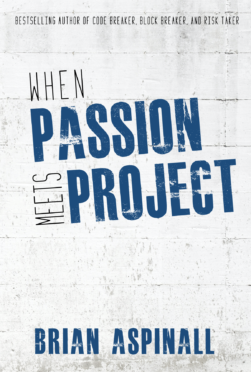(http://www.chroniclebooks.com/landing-pages/duckrabbit/downloads.html)
In this post I would like to share some personal experiences regarding our preconceived notion of what curriculum is. While documents are in place with specific expectations for each grade level, we often omit the mathematical process found at the beginning of every grade here in Ontario. What I mean to say is the math process (problem solving, reasoning and proving, computational strategies making connections, representing ideas and communicating ideas) is applicable to other areas. Personally I use makerspaces, coding and tools like Minecraft to develop mathematical process culture in which students are free to take risks, receive immediate feedback and personalize learning.
And herein lies the problem.
How do we asses personalized learning environments based on preconceived notions of curriculum expectations across a grade level standard? Surely some bias will exist.
Since I want to scaffold, personalize and differentiate learning, I’m not one to make every student memorize the same content (multiplication tables, formulas, etc.). I want to generate a culture of problem solvers and critical thinkers to support the mathematical process.
Having said this, I have much admiration for “traditional” methods to teaching math. I use the quotes because I am not sure how to define “traditional teaching” – maybe I am traditional. What I am trying to say is that our own experiences often dictate what we feel is important to support said curriculum.
We must understand that different teachers carry a different understanding of what constitutes “curriculum”.
Here are some examples:
1) Rote & repetitive learning vs. application in order to master a skill
2) Quantities of simple math work vs. a few rich problems
3) Quantifying math as a grade achieved vs. giving feedback to continue learning
4) Teaching skills like long division vs. using tools available to do it on our behalf
5) Memorizing math forumlas vs. understanding how to solve new ones
What is interesting in my own practice is how my interpretation of curriculum has evolved over the last decade while the curriculum itself has remained unchanged.
Regardless of our own perception of what curriculum is (being just the expectations), it is dictated by program. I think we are very lucky with documents like Growing Success (https://www.edu.gov.on.ca/eng/policyfunding/growSuccess.pdf) in that we remain professional and are encouraged to make professional decisions. After all, there is no one way to teach mathematics. Teachers know their students best and only want what’s best for them.
Based on this statement alone, there is no wrong way to teach mathematics, is there?


 For all the kids who grow up in a small town and think they don’t stand a chance. You do. I was once that kid.
For all the kids who grow up in a small town and think they don’t stand a chance. You do. I was once that kid.